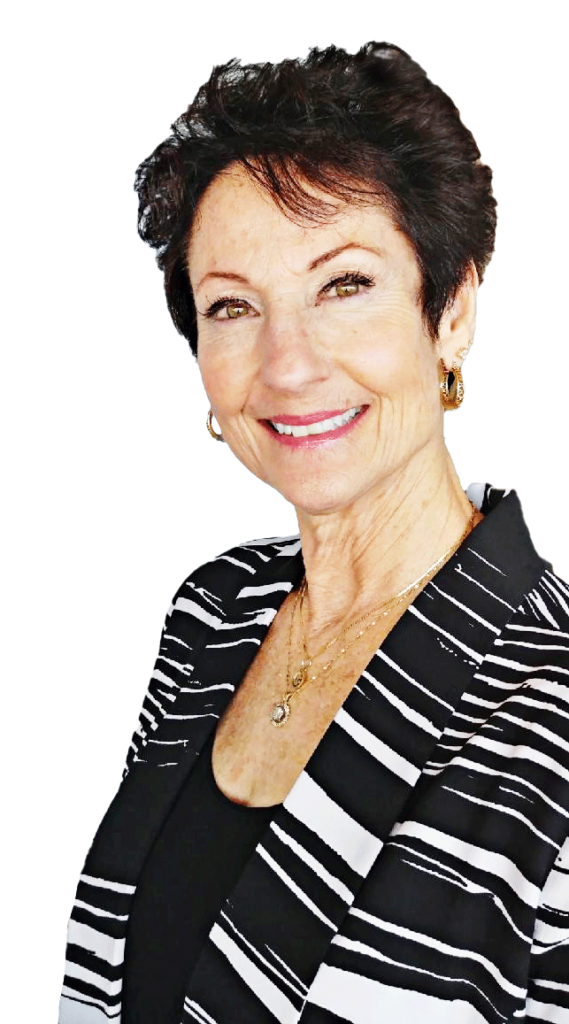
ith the new year underway, there is a renewed excitement to improve one’s health. These resolutions should be celebrated and the excitement to change should be guided correctly. Not everyone needs extreme fitness, especially beginners and those under stress.
All stress is cumulative: physical, mental, and emotional. While working out is good for you, the stress you’re under in any one area affects how much stress your body is able to handle in the other two. Now more than ever, it’s important to manage stress, reduce inflammation, and support recovery and immune function.
What if your resolution for fitness this year was “just enough”? The minimum effective dose allows you to stay consistent, continue with your fitness goals, and get results. The ‘dose’ will be slightly different for everyone depending on a variety of individual factors such as: age, medical challenges, body composition, goals and more.
The sweet spot between “not enough” and “just enough” may take some trial and error to figure out. However, the best advice is to listen to your body. After about two weeks, look at recovery and progress indicators for additional information such as:

Sleep Quality

Physical energy outside of workouts

Resting heart rate

Appetite and digestion

Muscle soreness

Injury
If the markers above are suffering, you are very likely exceeding your minimum effective dose. Depending on severity, you can either pull back training volume (less sets, lower weight, less sessions) or take a few days off completely. On the other hand, if you are not seeing progress toward your goal, you should look to increase the ‘dose’ or seek out the direction of a personal trainer.
Exercise should enhance aspects of your life, not annihilate you. We must also understand that women work out for many reasons, not just weight loss. However, there so many ways to adjust the dose of exercise to achieve any goal such as: increased muscle, improved balance, athletic performance, and decreased pain.
The goal of any program regardless of the dose or goal is injury-reduction or prevention. A strong and stable core can accomplish this. The muscles that surround our spine are considered the “core” of our body. At times when working the abs many people stress their back. Dr. Stewart McGill has found there to be three specific exercises that most efficiently address the core without placing excessive stresses on the back.
This group of exercises has famously become known as ‘The McGill Big 3’ and are a staple in many rehabilitation settings and personal training programming:
- Curl-Up
- Side Plank
- Bird-Dog
Resolve to keep your pace set on feeling better than you do today. Make adjustments often and don’t be so hard on yourself!
Kedgy Larson, owner/director of Fitness Lady in Bossier City, is a Certified Personal Trainer with over 30 years’ experience helping women with the education, direction, and motivation they need to take charge of their health.


